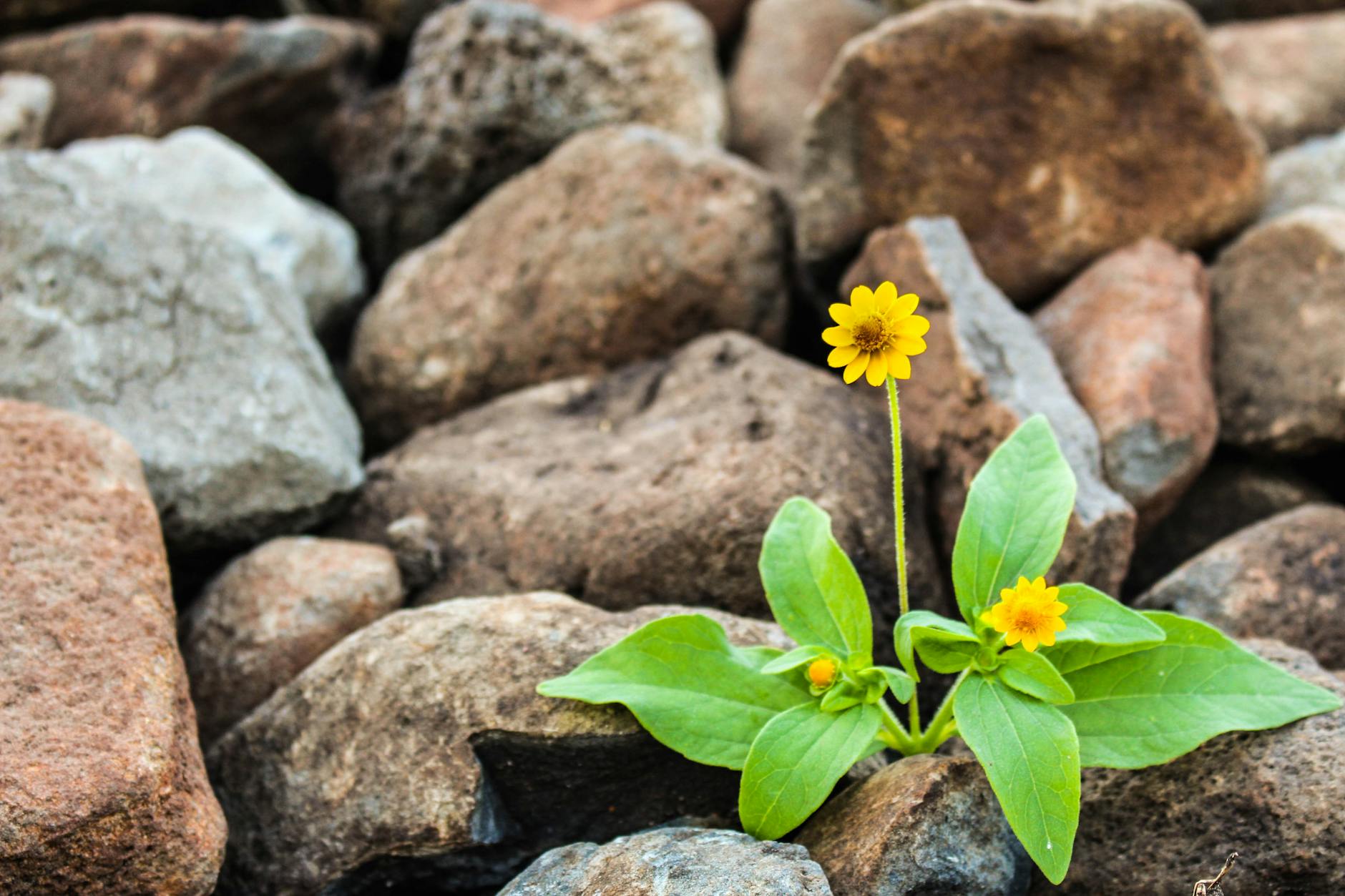Introduction
Positive parenting means raising children with love, clear boundaries, and open communication. It helps children grow into confident, responsible individuals who can handle life’s challenges. In Homabay County, many children face obstacles like poverty, teenage pregnancy, school dropout, and lack of parental support. However, positive parenting has shown to help build resilience — the ability to bounce back from difficulties — which improves school performance and long-term success.
What Is Resilience?
Resilience is the ability to cope with stress, adapt to change, and keep going after setbacks. In education, resilient children are more likely to:
Stay in school
Participate actively in class
Perform better academically
Local Study in Homabay Town Sub-County
A study found that orphaned adolescents in public secondary schools who had strong family support and mentorship were more resilient and performed better in school.
Real-Life Example: Fins to Swim Scholarship
This program supports students from disadvantaged backgrounds through mentorship and financial aid, helping them continue their education and develop resilience.
Role of Positive Parenting in Building Resilience
Positive parenting includes:
- Emotional support
- Clear expectations
- Encouragement
- Open communication
These practices help children feel secure, confident, and motivated to learn.
Research Findings
A BioMed Central (BMC) study showed that authoritarian parenting (strict and unresponsive) led to poor classroom participation in early childhood education in Homabay. In contrast, positive parenting boosted confidence and academic engagement.
Community Initiatives
Community-based peer groups in Homabay offer training on:
- Responsive caregiving
- Child nutrition
- Early learning activities
These programs help caregivers adopt nurturing styles that promote child development.
Supporting Girls Through FAWE
The Forum for African Women Educationalists (FAWE) runs mentorship programs to keep girls in school and reduce early pregnancies. Their efforts have helped many girls complete secondary education.
Educational Benefits of Resilient Children
Resilient children:
Handle academic pressure well
Attend school regularly
Complete assignments
Are more likely to pursue higher education
Another Study in Homabay Town Sub-County: Researchers found that socio-economic factors, access to mentoring, and supportive home environments significantly improved student resilience and academic success.
Local NGO Work
Organizations like ScoreCBO work with communities to support vulnerable children by improving access to quality education and mentorship
Barriers to Positive Parenting in Homabay
Challenges include:
Poverty: Makes it hard for parents to meet basic needs or engage in their children’s education.
Single parenthood: Especially among young mothers, limits time and resources.
Cultural norms: May discourage open parent-child communication.
Lack of awareness: Many parents aren’t trained in modern parenting techniques.
Overcoming These Barriers
Programs like the Community-Based Peer Group Parenting Initiative in Homabay and Busia Counties educate caregivers on responsive parenting, helping improve outcomes for children.
Recommendations
Parenting Workshops in Schools – Teach non-violent discipline and open communication.
Home-Based Learning Activities – Encourage reading and discussion at home.
Engage Religious and Community Leaders – Use their influence to promote nurturing care.
Expand Community Programs – Continue using peer groups to spread parenting knowledge.
Conclusion
Positive parenting builds strong, resilient children who can overcome challenges and succeed in school and life. In Homabay, local initiatives like community parenting programs, scholarships, and mentorship projects show that when parents are supported, children thrive. By investing in families and communities, we can create a brighter future for all children.




